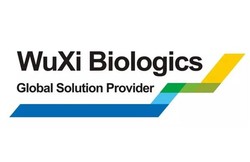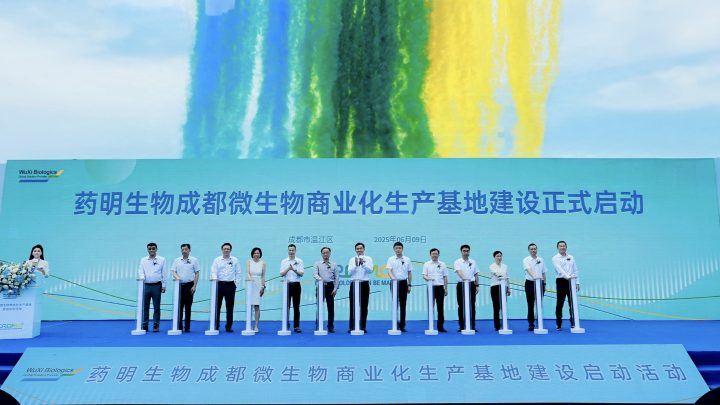Chengdu Facility and Supply Chain Shift Respond to Renewed U.S. Biosecure Act Pressure

WuXi Biologics, a leading Chinese CDMO, is restructuring its operations with a renewed focus on Asia amid rising regulatory pressure from the United States.
On June 11, industry sources confirmed that the company is accelerating its shift to Asia by selling off Western assets and initiating construction of a large-scale microbial-based facility in Chengdu, China. This strategic pivot follows the resurgence of the U.S. Biosecure Act, signaling WuXi’s intent to realign operations and mitigate geopolitical risks.
Biosecure Act Revived After Initial Setback
Originally proposed in 2023, the Biosecure Act returned to the U.S. legislative spotlight in March 2025 after clearing the Senate Committee on Homeland Security and Governmental Affairs. The bill seeks to bar Chinese biotech firms from collaborating with U.S. institutions or accessing American health and genetic data. It also restricts federal funding to designated entities, explicitly naming WuXi Biologics, WuXi AppTec, and BGI. The restrictions are slated to take full effect in 2032.
In response, American organizations have begun distancing themselves from Chinese CDMOs, accelerating partnerships with alternative providers in Europe and Asia. WuXi Biologics has responded by divesting from Western assets—selling its Irish vaccine facility to Merck for $521 million and a German drug product plant for $167 million—while ramping up its Asian manufacturing footprint.
The company is investing $544 million into expanding its production capabilities in Singapore and China, targeting a total biomanufacturing capacity of 580,000 liters by 2025.

Asia-Focused Supply Chain: Chengdu Plant Targeting 2026 GMP Certification
A centerpiece of WuXi’s Asia strategy is the new 95,000-square-meter facility in Chengdu. Scheduled for GMP readiness by the end of 2026, it will be China’s first to integrate dual-chamber lyophilization lines and vial-filling capabilities for a wide range of biologics, including peptides, enzymes, plasmid DNA, and virus-like particles. The plant will support 110 DS batches per year and produce up to 10 million vials annually using a 15,000-liter fermenter. It will also adopt WuXi’s EffiX microbial expression platform to enhance productivity and quality.
WuXi has already secured commercial partnerships for the Chengdu site. The plant will produce VISEN Pharmaceuticals’ long-acting growth hormone, Lonapegsomatropin, and collaborate with Virogen Biotechnology on late-stage clinical manufacturing, including for VG712.
This strategic realignment is not only geographic but also performance-driven. According to Kyobo Securities’ analyst Hee-ryeong Jung, WuXi Biologics posted $2.6 billion in revenue in 2023—a 9.6% year-on-year increase, with second-half growth reaching 18.3%. Notably, preclinical revenues rose 54.2% in the same period.
As of 2024, WuXi has amassed 817 cumulative projects, including 21 commercialized programs and 66 in Phase 3 trials. This year alone, it has signed 13 commercial and 7 Phase 3 agreements.
CEO Chris Chen commented, “The groundbreaking of our Chengdu microbial facility strengthens our global manufacturing network. It enables us to deliver faster, more efficient large-scale production for our partners.”
Once operational, the Chengdu site is expected to reduce exposure to Western regulatory risk and reinforce WuXi Biologics’ leadership in the global CDMO market through an Asia-centric supply chain.

